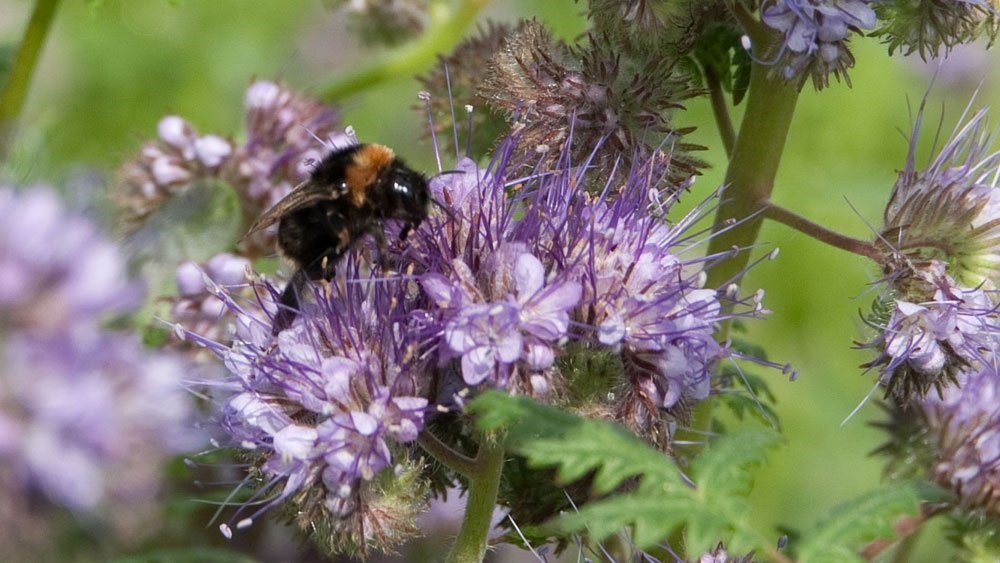Bumblebee populations are at a growing risk of extinction due to higher temperatures caused by climate change, a new study has found.
Researchers analysed data about bee populations across North America and Europe and found that an increasing number of unusually hot days is increasing local extinction rates.
Bees numbers are already at risk due to the use of agri chemicals, such as pesticides, but this study, published this week in the journal Science, highlighted an independent risk caused by hotter temperatures and climate change.

Bumblebees are vital pollinators for a huge variety of crops, and major warnings about population declines have been growing.
“Climate change could increase species’ extinction risk as temperatures and precipitation begin to exceed species’ historically observed tolerances,” the authors wrote.
Speaking to the Guardian, lead author of the study Jeremy Kerr, said maintaining habitats that offer shade, like trees, shrubs or slopes, would help bumblebees cope with hotter temperatures.
“Ultimately, we must address climate change itself and every action we take to reduce emissions will help,” he told the paper.













0 Comments